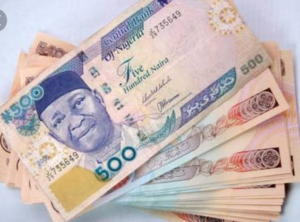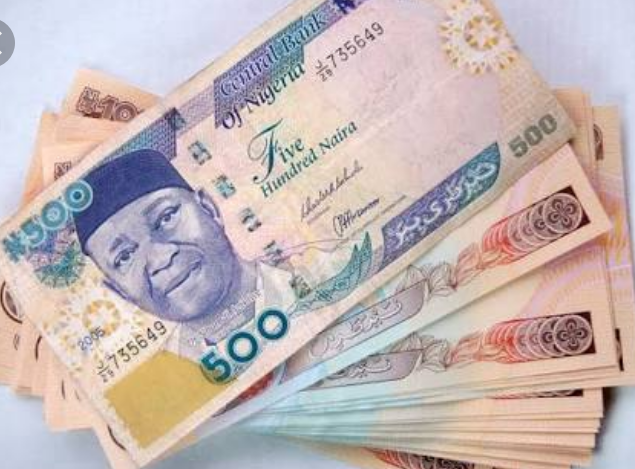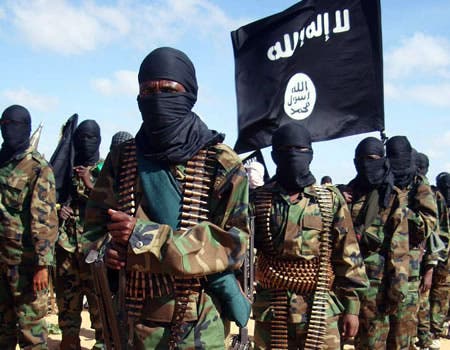Worse than expected were the key fundamentals, including Gross Domestic Product, GDP; inflation, employement/ unemployement, capital importation, among others as Nigeria’s econpmy came under review yesterday.
National Bureau of Statistics, NBS, said, yesterday, that Nigeria’s GDP at constant basic prices, contracted in the second quarter 2016 (Q2’16) by 2.06 per cent after shrinking 0.36 in Q1’16.
It said the non-oil sector declined due to a weaker currency, while lower prices dragged the oil sector down.
A slump in crude prices, Nigeria’s mainstay, has depressed public finances and the value of the Naira, causing foreign exchange shortages. Crude sales account for about 70 per cent of government revenues.
But the Presidency has allayed the fears of Nigerians that the sharp drop in GDP, which had plunged the country into economic recession would not persist.
Compounding the impact of low oil prices, attacks by militants on oil and gas facilities in the southern Niger Delta hub, since the start of the year, has cut crude production by about 700,000 barrels per day (bpd) to 1.56 million bpd, against government’s 2016 budget assumption of 2.2 million bpd.
The statistics office said, yesterday, that annual inflation reached 17.1 per cent in July from 16.5 per cent in June, which is more than 10-year high, while food inflation rose to 15.8 per cent from 15.3.
Nigeria’s sovereign dollar bonds fell across the curve to their lowest value.
ECONOMIC RECESSION WORSE THAN EXPECTED: NBS





